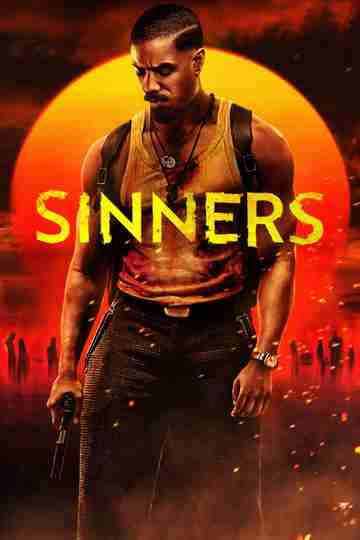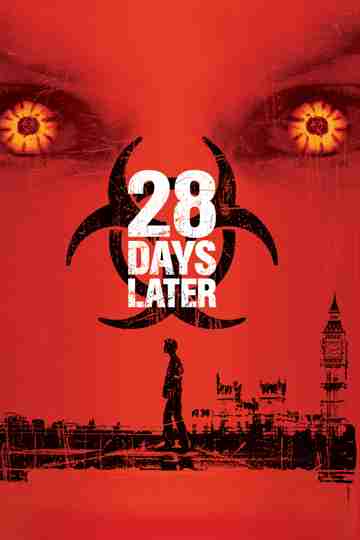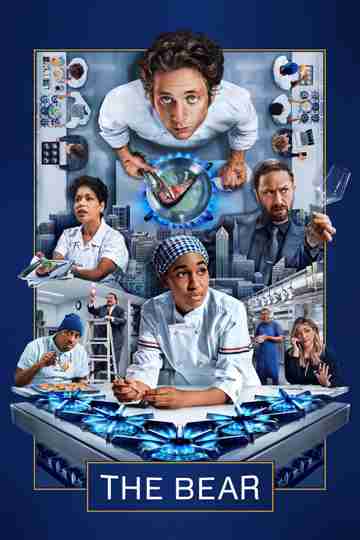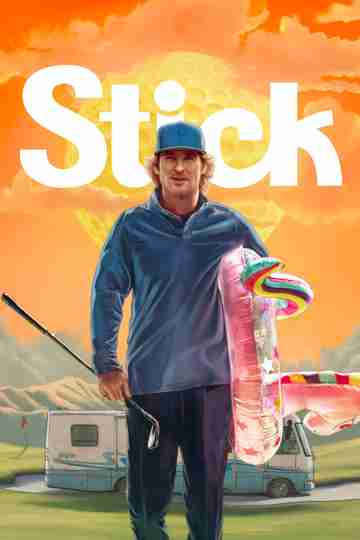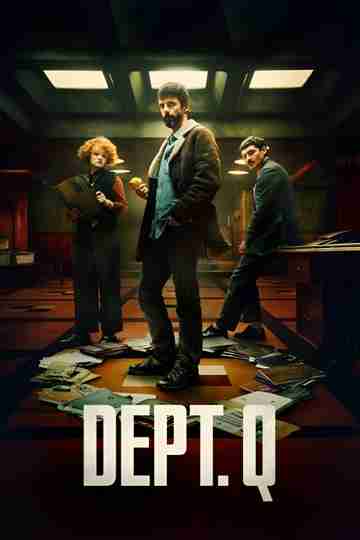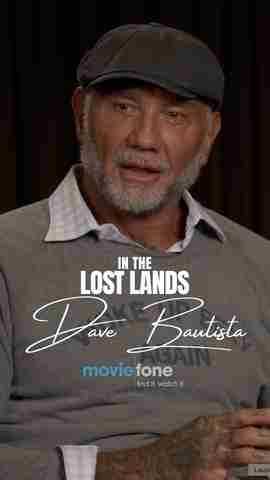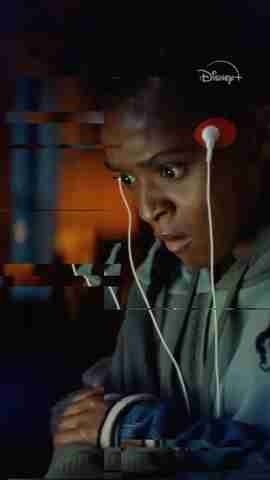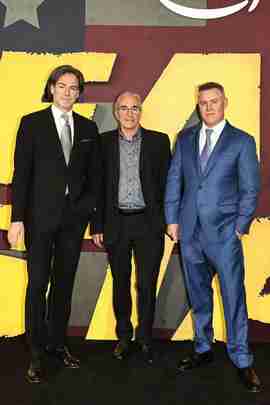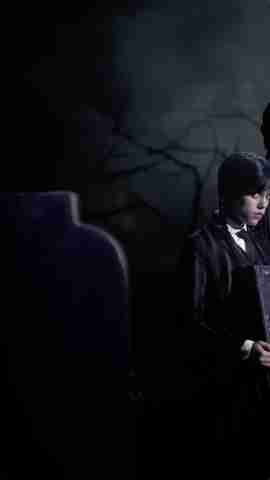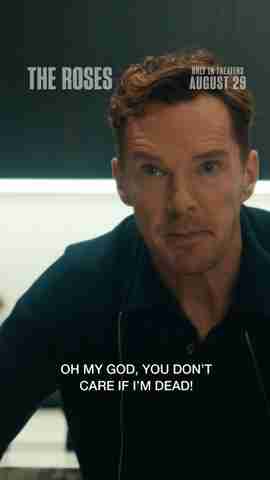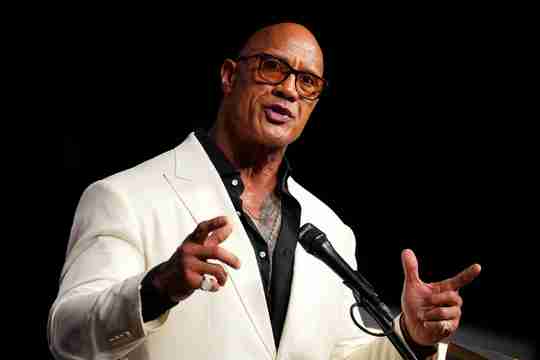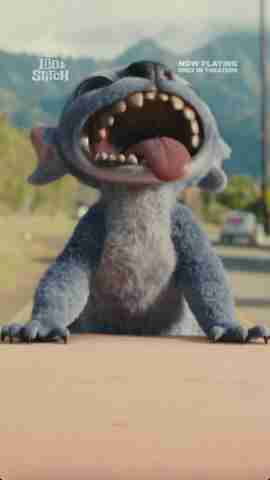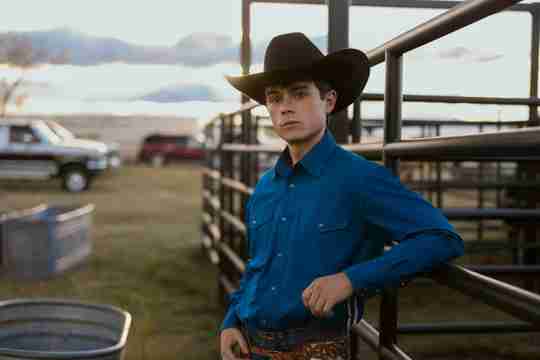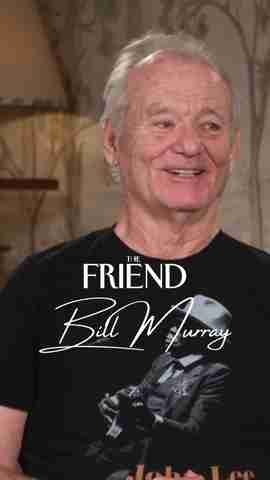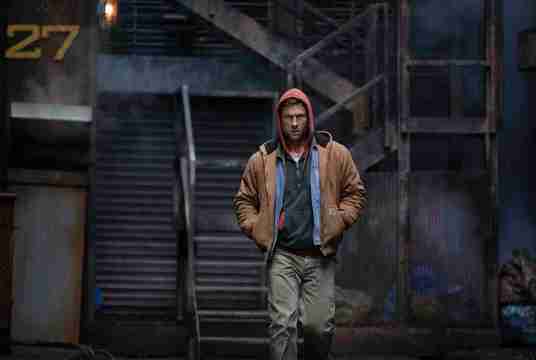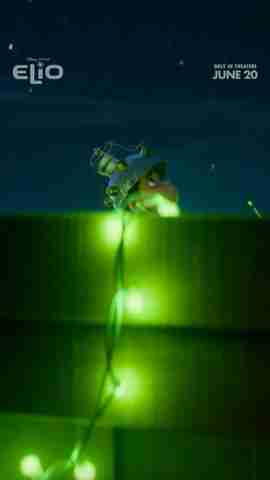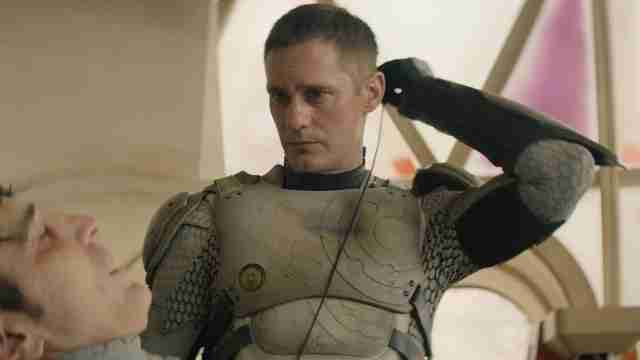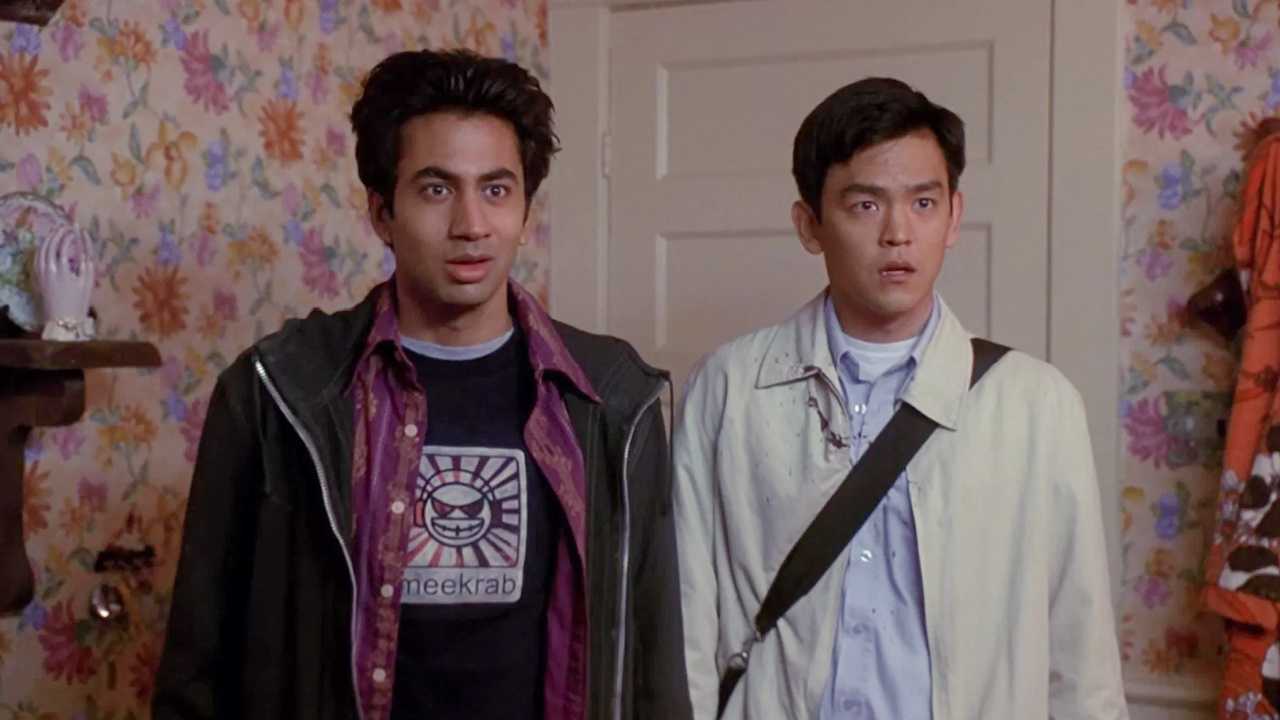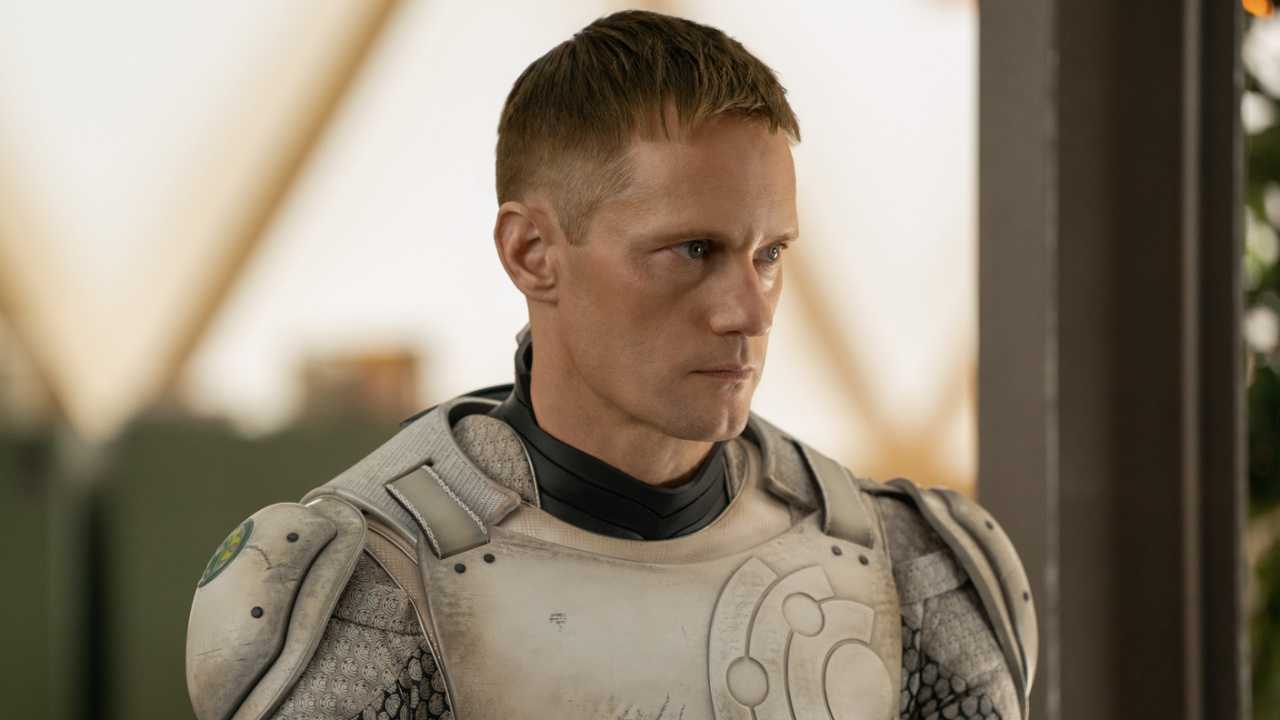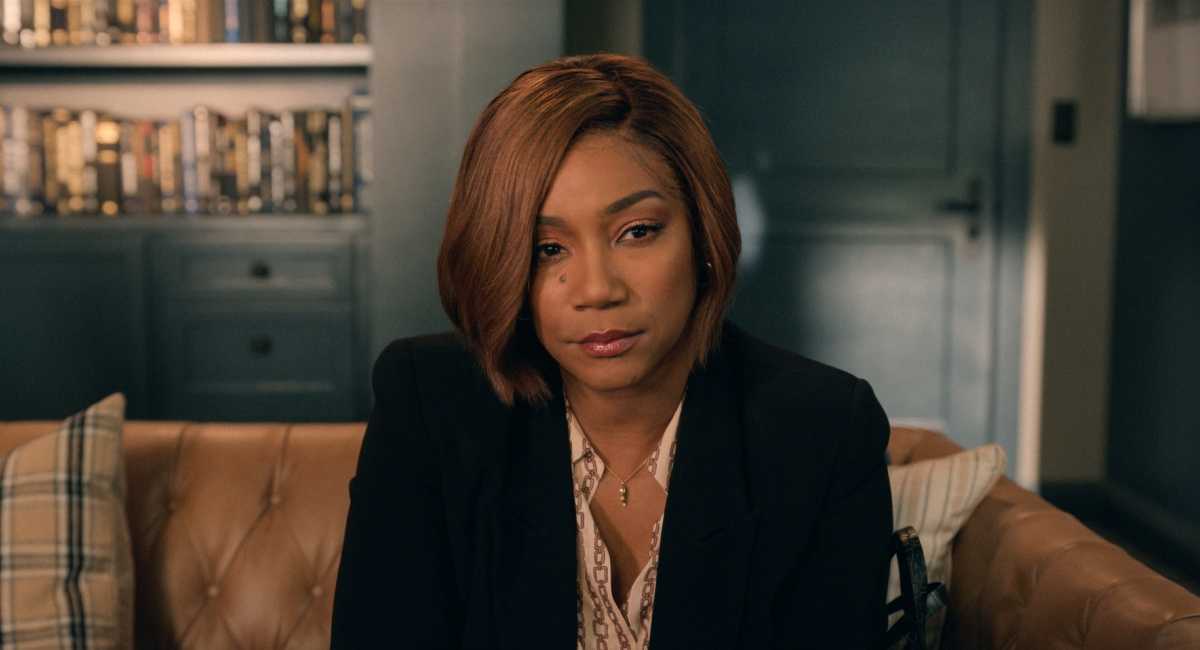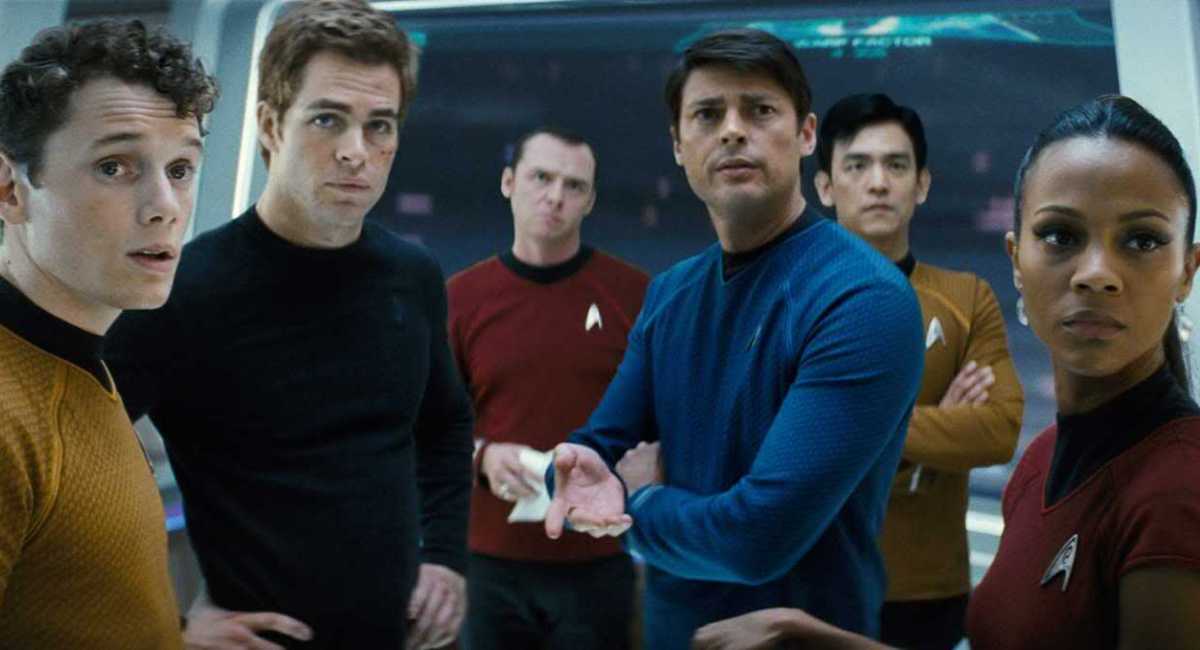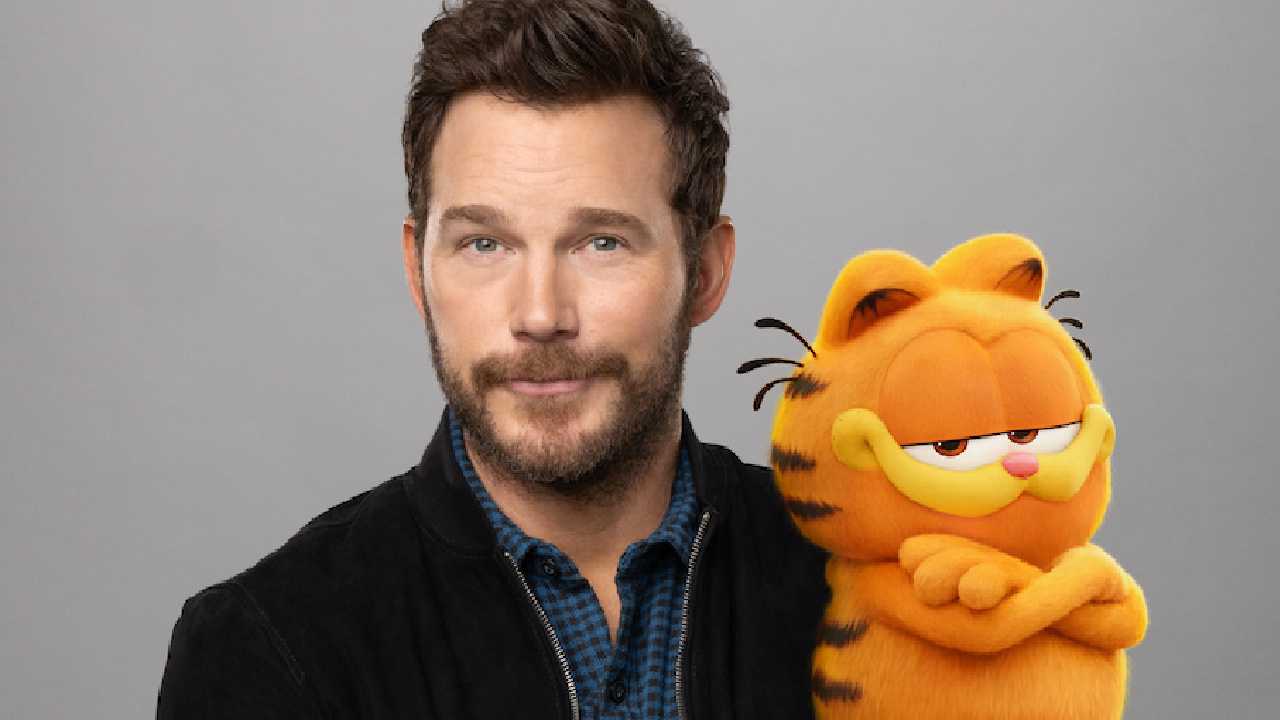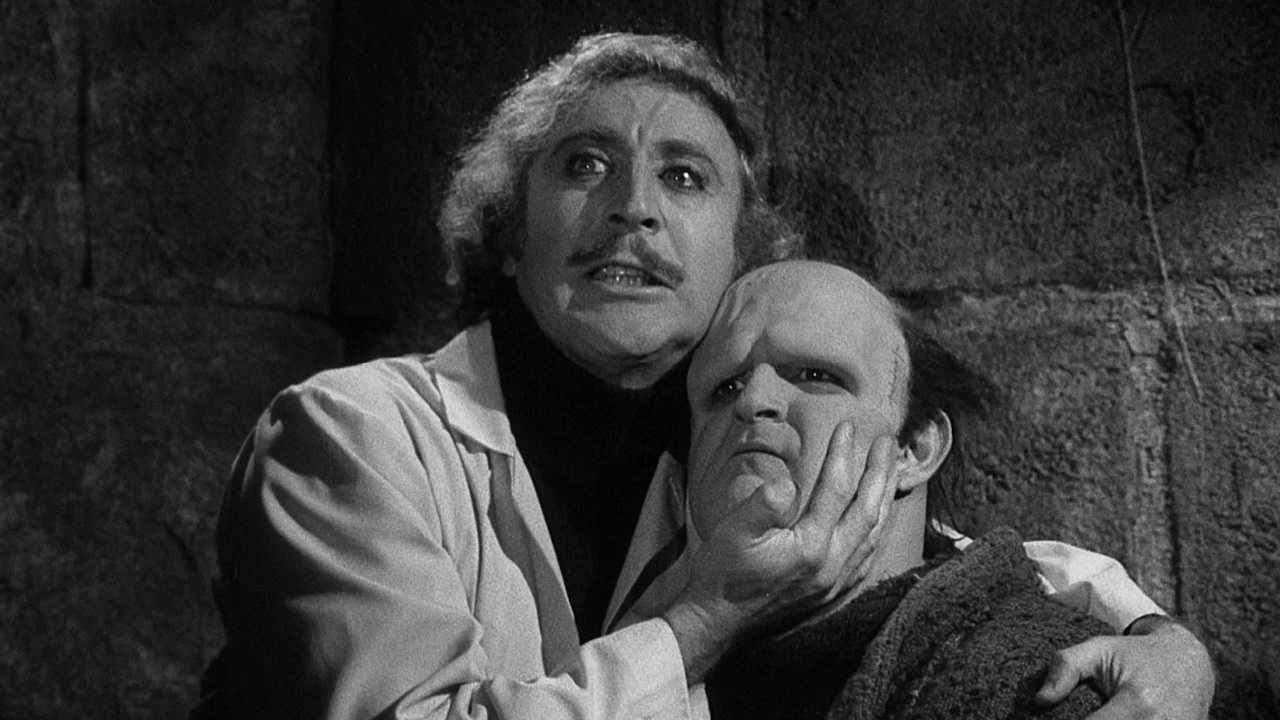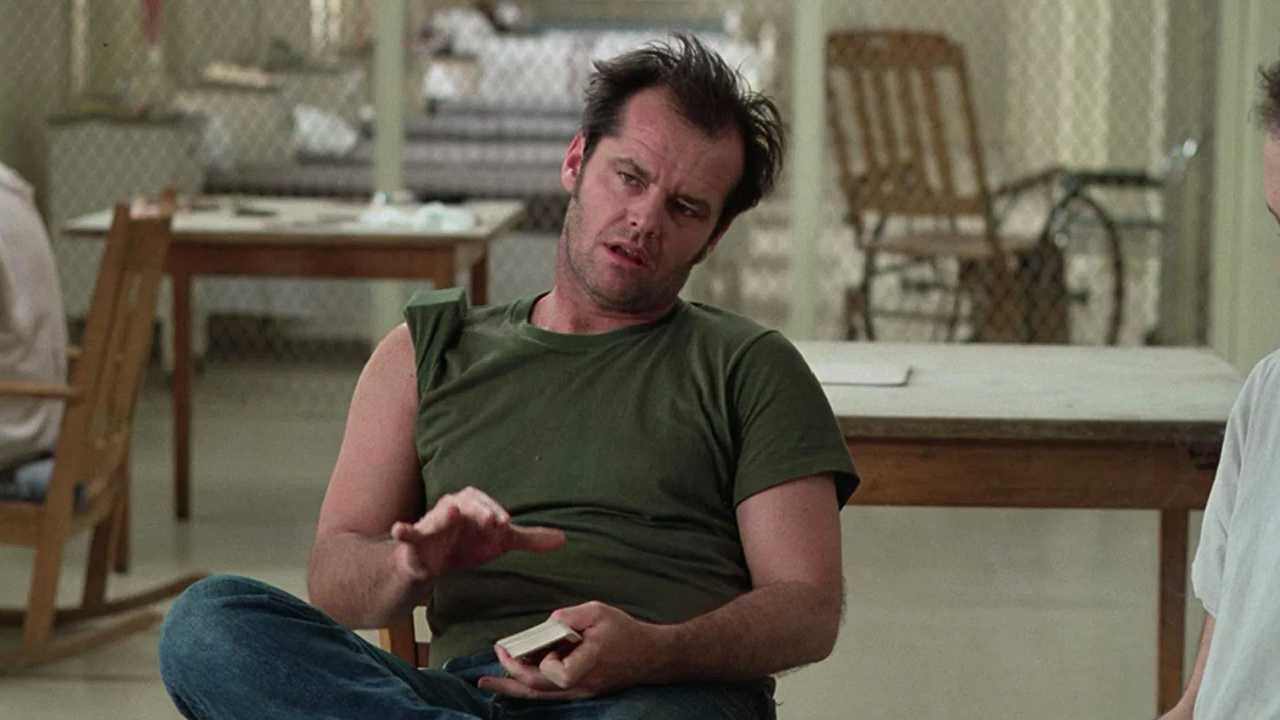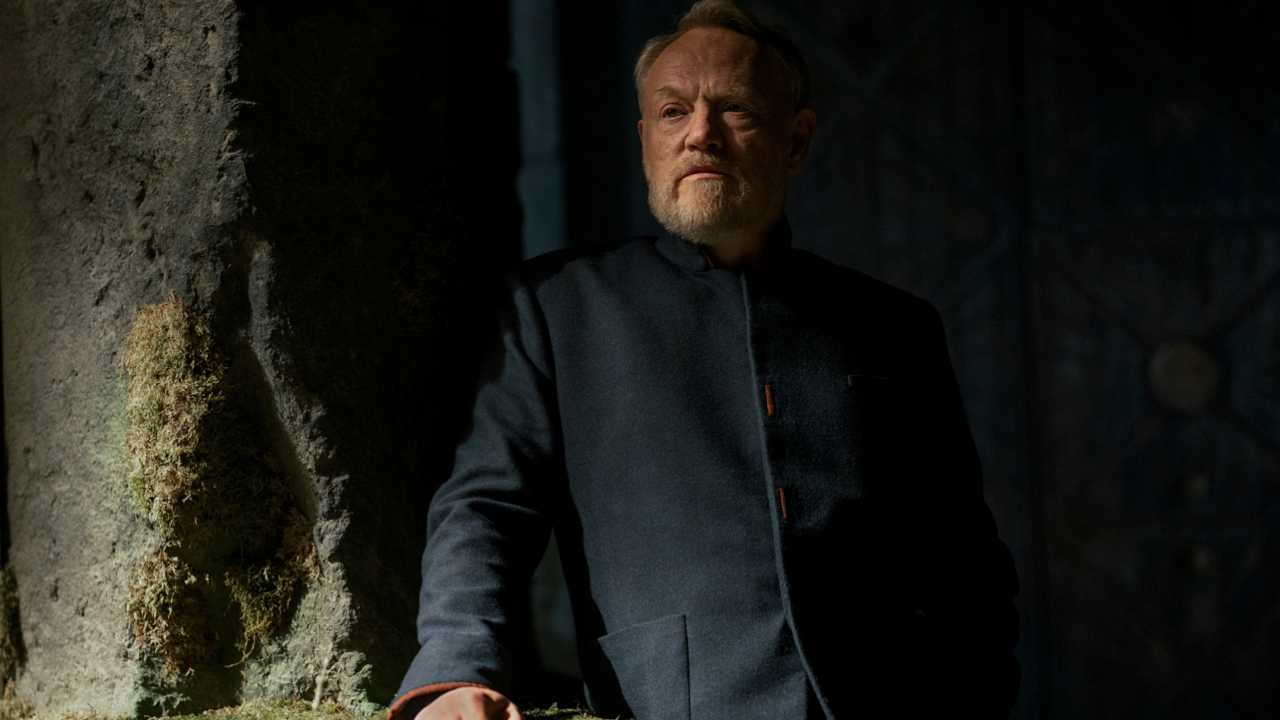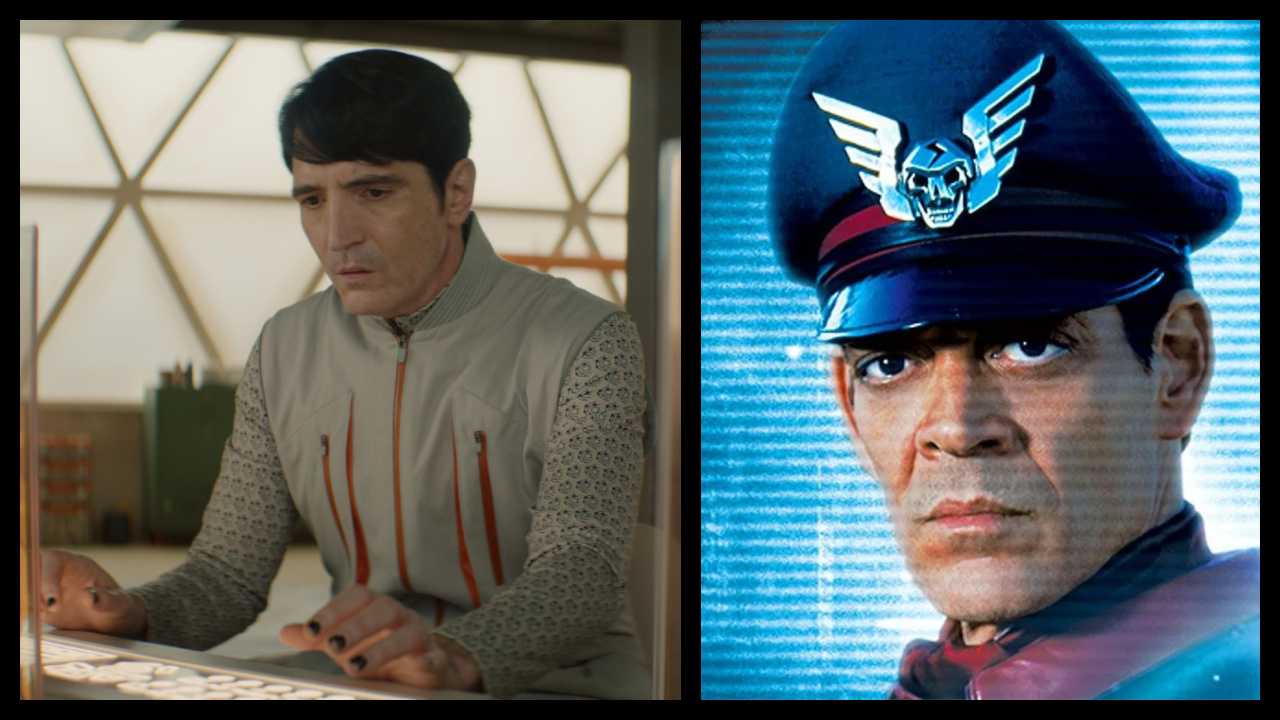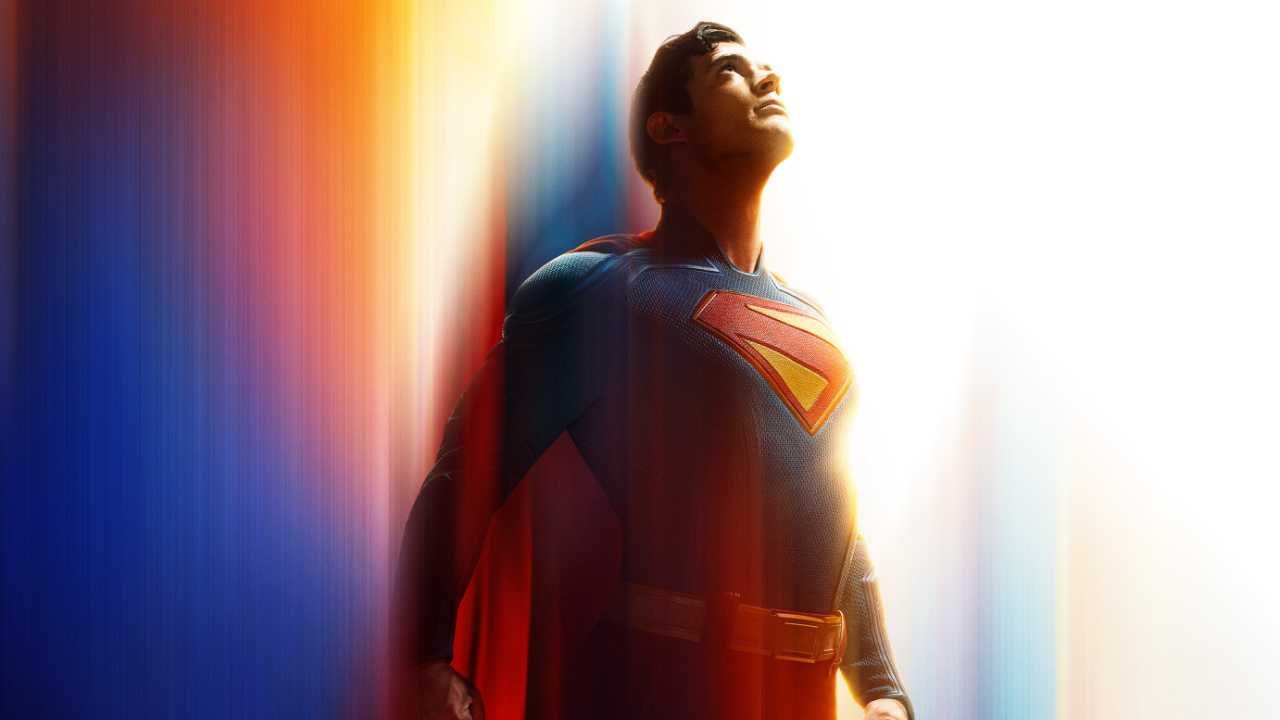11 Things You Never Knew About 'Harold & Kumar Go to White Castle' on its 15th Anniversary
It's been 15 years since the movie world was introduced to the greatest stoner buddy pair since Jay and Silent Bob. "Harold & Kumar Go to White Castle" launched a new franchise and revived the image of both Neil Patrick Harris and the White Castle fast food chain in the process. Grab a a sack of burgers and learn more about the making of this cult-favorite comedy.
1. While White Castle happily granted the filmmakers the necessary licensing rights, Krispy Kreme proved more difficult. A subplot involving Harold and Kumar trying to track down donuts had to be changed to hot dogs after Krispy Kreme refused to sign off.
2. While the movie is set in New Jersey, the majority of filming took place in Toronto, Canada. The crew had to build a White Castle set because White Castle doesn't operate any locations in Canada.
3. White Castle issued a series of commemorative cups after the movie hit theaters, making "Harold & Kumar" the first R-rated movie to receive a fast food restaurant promotion.
4. Writers Jon Hurwitz and Hayden Schlossberg based the character Harold Lee on their high school friend of the same name.
5. Hurwitz and Schlossberg specifically wrote Neil Patrick Harris' cameo into the script before approaching him to appear.
6. "Harold & Kumar" is credited with reviving Harris' career and paving the way for his starring role in the sitcom "How I Met Your Mother." Both Kal Penn and John Cho would go on to guest star in the series.
7. Hurwitz revealed that "The Karate Kid" star Ralph Macchio would have been the duo's backup choice if Harris refused to appear in the movie.
8. The characters Rosenberg and Goldstein were intended as homages to Shakespeare characters Rosencrantz and Guildenstern. At one point Hurwitz and Schlossberg even considered a spinoff movie in the vein of "Rosencrantz & Guildenstern Are Dead."
9.Luis Guzmán originally had a cameo role as Maria's brother, but his character was cut from the final version.
10. The scene where Ryan Reynolds cameos as a doctor assisting Kumar in surgery is intended as a callback to 2002's "National Lampoon's Van Wilder," where Reynolds and Penn's roles were reversed.
11. Despite quoting the line "Thank you, come again!" made famous by "The Simpsons" character Apu Nahasapeemapetilon, Penn would later appear in the 2017 documentary "The Problem With Apu," where he criticized the character for perpetuating racial stereotypes.

